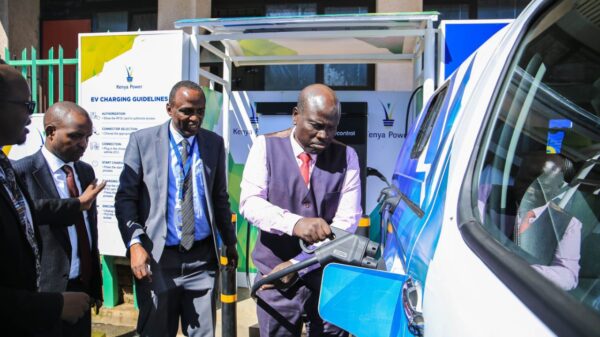NAIROBI, Kenya, Jan 5 – A stakeholder in the sugar sector is now proposing that the intended privatisation of the six sugar factories in the country be conducted through an Initial Public Offer (IPO).
Sugar Campaign for Change Chairman Peter Kegode told Capital Business that instead of carrying out the exercise by bringing on board a strategic partner, the Privatisation Commission should float the shares to the public.
“We have seen the government bring in strategic partners who are just dummy companies. This is why we are very wary of this strategic partnership approach,” he said adding that an IPO “is a much transparent and wider process and which would allow most Kenyans to participate and get a piece of the action.”
A section of farmers have been pushing to have 30 percent of the sugar mills reserved for farmers once the divestiture program gets underway.
The government has been hunting for a professional consultant who will help bring in the private sector to manage the factories and enhance their competitiveness and efficiency.The privatisation of the industry is part of the reforms that need to be undertaken before the expiry of the COMESA safeguard measures in February 2012 that will see the market fully liberalised.
Mr Kegode told Capital Business that the government should also put in place a structure that would ensure that farmers own a sizeable stake in the factories and that the shares are held in a trust for them.
Such an arrangement would need to be acceptable and workable, he said. It would also help avert a situation where majority of the shares in the millers would be in the hands of investors with little interest in the sector.
“The government has to come up with a vehicle that will hold the shares. Within that trust, the farmers would be able to trade and sell their shares to other farmers who are within the trust and not to outsiders. That way the shareholding would still remain in that trust,” he said.
Mr Kegode also urged the government to act fast and urgently implement the necessary reforms before the liberalisation of the industry which will see the local market flooded with cheap sugar thus cripple the sector.
He expressed fears that the country is running out of time to fully meet the conditions set out by COMESA in 2007. Kenya was granted a four year extension (in 2007) to give it time to implement fundamental reforms intended to ensure that the local sugar sector is competitive enough to withstand an influx of cheap sugar from the region and elsewhere.
Under those terms Kenya which produces about 500,000MT of white-milled sugar against a consumption of about 700,000 metric tones annually was also allowed to import the deficit of 200,000 metric tonnes of table and industrial sugar.
Mr Kegode said it was unlikely that COMESA would extend the deadline again which would mean that the local industry would be opened up and it would be unable to compete effectively.
“The consequences are very clear; the strongest (millers) would survive while the weak ones would die. Chances are, out of the seven factories that we have, only about three or four would survive and the rest would go under,” he said of the impact that competition would have on the local firms.
In addition, the livelihoods of the six million households who depend directly and several million indirect dependants of the sector as well as a third of the economy would be at stake.
However, Mr Kegode said if the government showed a serious commitment and addressed the issues urgently, then the situation could be salvaged.
The reforms he estimated would cost in excess of Sh20billion but it would save nearly a Sh100billion loss to the economy.



































